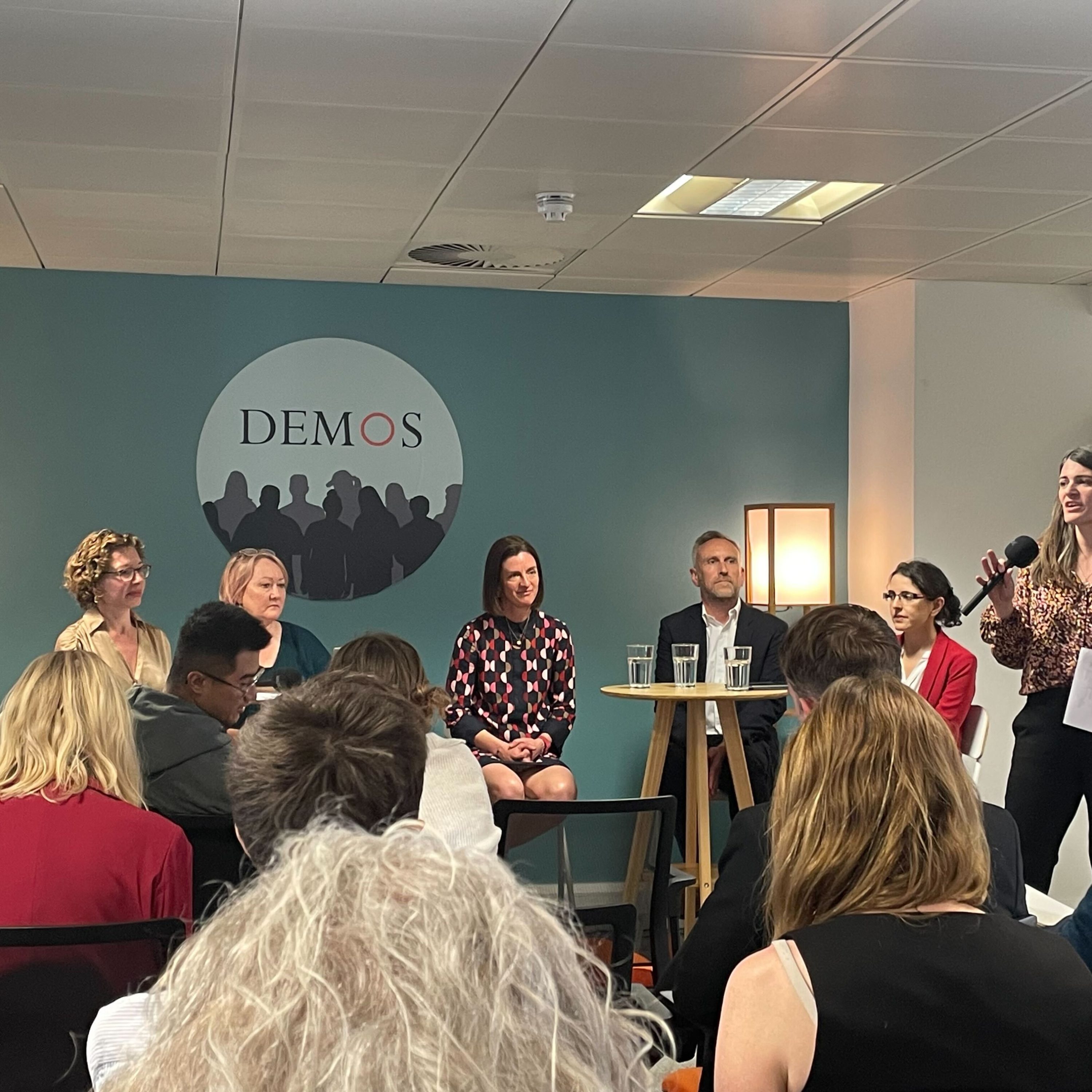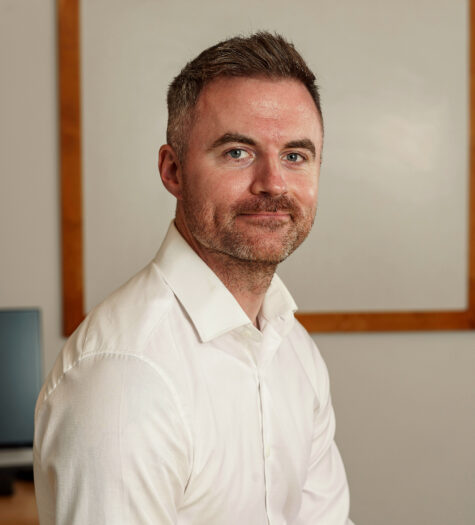Rebuilding Trust in Democracy: Exploring the Power of Public Participation

- Adam Milne, Carnegie UK
- 1 May 2025
- 3 minute read
The evidence is clear, too many people in the UK have too little trust in government.
Our 2024 Life in the UK Index showed;
- 72% feel that they cannot influence decisions affecting the UK as a whole.
- 55% feel that they are unable to influence decisions at a local level
- 53% have low levels of trust in the UK Government
And according to the OECD, public trust in UK institutions is comparatively low, with only 27% of the UK population expressing high or moderately high trust in the national government, significantly below the international average of 39%. More worrying still, the 2024 British Social Attitudes Survey found that 45% of the British public “almost never” trust governments to put the nation’s interests first, up from 34% in 2019.
However, this data begs some important questions: Why are levels of trust decreasing, and how can we reverse this trend?
To help explore these questions, we are working alongside the cross-party think tank Demos. Together, we are part of the Collaborative Democracy Network (CDN). The CDN is a space for politicians, policymakers, and civil society to come together to discuss innovations that put people at the heart of policymaking.
In the words of the CDN:
If we’re going to build a more collaborative democracy that supports politicians to work with the public on the difficult choices that lie ahead, we’re going to have to do policymaking differently.
Collaborative Democracy Network
We need to do democracy differently, collaboratively, and in a way that tackles the root causes of mistrust in democracy.
There is research that shines a light on these root causes. According to the 2024 OECD report, Drivers of Trust in Public Institutions, people who feel financially insecure, those with low levels of education, women and younger people all report lower levels of trust in government.
However, the largest gap in trust comes from people’s ability to have a say in government actions. The OECD report says: “…having a say in government actions… is a key driver of trust.”
Our first of five events with the CDN, in March, explored the theme of public participation. Kerry McCarthy MP, Minister for Climate, joined us to discuss the Department of Energy Security and Net Zero’s emerging Net Zero Public Participation Strategy. Together, we explored creative ways of bringing people into the net zero policymaking process by using deliberative engagement with the public.
The event covered many important issues but one message rung out clear. Whether it is achieving Net Zero or strengthening democracy itself, these goals cannot be done to people. They must be done by and with them. At Carnegie UK, we know that having voice and choice over the decisions that affect our lives is a critical part of people’s Democratic Wellbeing.
Join us for the remaining events with the CDN as we explore how to rebuild trust in democracy and how you can be part of the solution.
Help us make the case for wellbeing policy
Keep in touch with Carnegie UK’s research and activities. Learn more about ways to get involved with our work.
"*" indicates required fields
